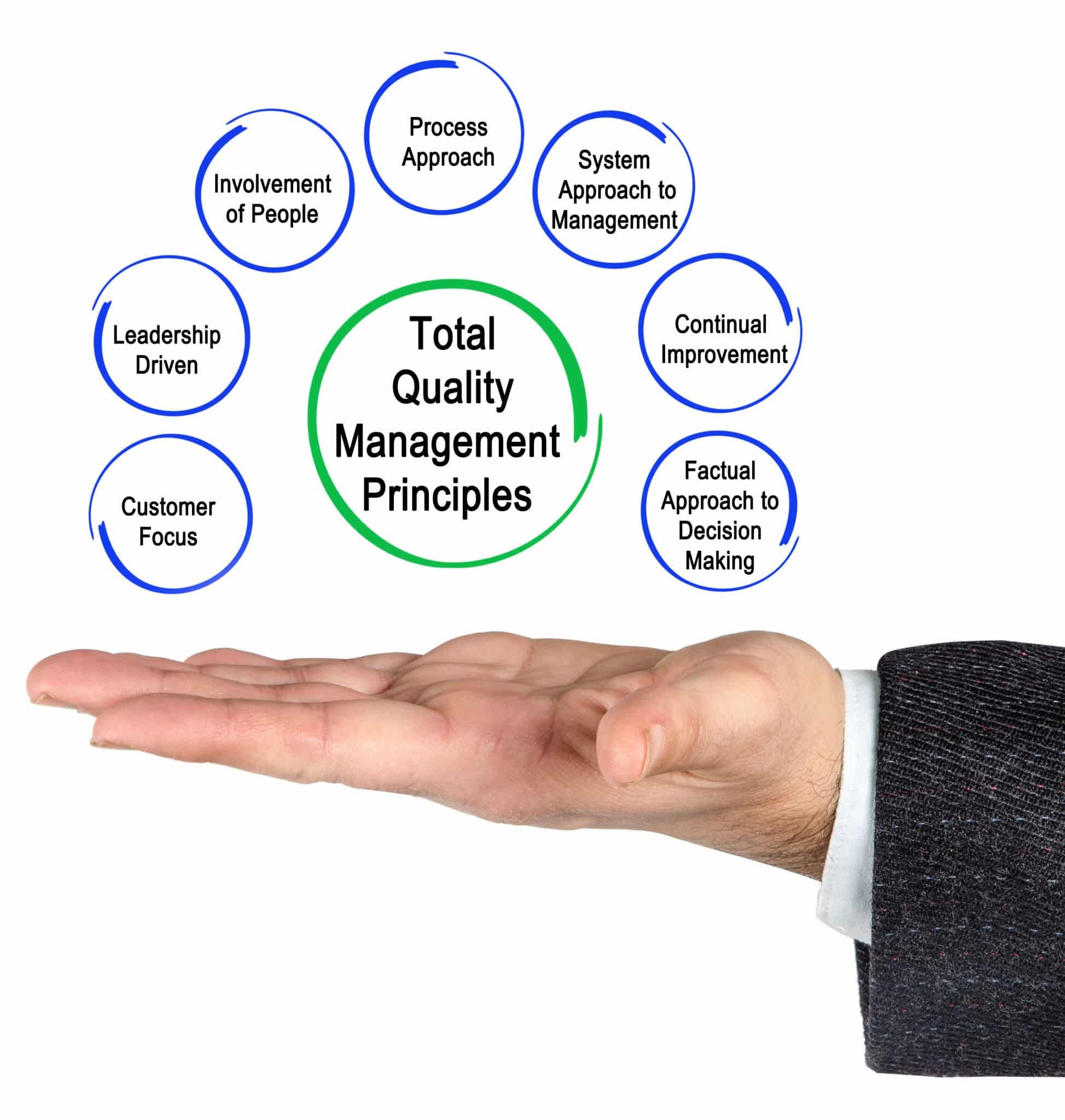Are you ready to transform your entrepreneurial dreams into reality? Many aspiring business owners feel overwhelmed by the complexities of starting their venture, unsure where to begin or how to avoid common pitfalls.
Setting up a small business requires careful attention to key foundational elements that will shape your company’s future success, from choosing the right legal structure to establishing strong financial systems and creating a memorable brand identity.
In this comprehensive guide, we’ll walk you through the essential steps to launch your business with confidence, helping you build a solid foundation that supports your growth while avoiding the common mistakes that can derail new ventures.
Evaluating the Market and Business Concept
Smart market research forms the backbone of any successful business venture. By diving deep into your target audience’s needs and preferences, you’ll gain valuable insights that’ll shape your business strategy. This research phase helps you spot gaps in the market and identify ways to make your products or services stand out from competitors.
To build a strong business foundation, start by studying your target customers’ buying habits and pain points. Analyze both direct and indirect competitors to understand their strengths and weaknesses. Review current market trends and assess growth potential to gauge demand. Gather valuable feedback through surveys and interviews, and test your concept with a small group of potential customers to refine your offering before launch.
Your research findings will help you create a unique value proposition that sets your business apart. Understanding your market position allows you to make informed decisions about pricing, marketing, and product development. Remember to stay flexible and adjust your concept based on the data you collect—successful businesses evolve with their customers’ needs.
Take time to examine your industry’scompetitive landscape and market dynamics. This knowledge will help you develop realistic financial projections and marketing strategies. The insights you gain during this evaluation phase will prove invaluable as you move forward with your business plan and launch preparations.
Building a Strong Foundation for Your Business

Starting a small business requires careful attention to key elements that’ll shape your company’s future. Your initial setup choices can make a significant difference in how quickly you gain traction in the market.
Establishing a successful business starts with creating a memorable brand identity that resonates with your target audience. Set up efficient operational systems from the beginning, and invest in quality equipment that can scale with your growth. Build a strong presence both online and offline within your community, and maintain clear communication channels to effectively engage and support your customers.
A professional outdoor sign helps catch attention and build brand recognition in your local community, while investing in equipment like a reliable Dell Latitude laptop can boost your daily productivity.
Your early decisions will shape how your business develops and grows. Focus on creating solid systems and professional processes that’ll support your company as it expands. Remember, the foundation you build today will determine how effectively you can serve your customers tomorrow.
Designing a Comprehensive Business Plan
Your business plan acts as the foundation for your company’s success. A well-crafted plan helps you map out your business objectives, understand your target audience, and create effective marketing approaches. It’s the key document that potential investors and lenders will review to evaluate your venture’s potential.
A strong business plan includes an executive summary that highlights your unique value proposition, a detailed market analysis of your target customers, and a clear breakdown of your products or services. It should outline strategic marketing and sales tactics, realistic financial projections with funding requirements, and provide an overview of your organizational structure and key team members.
Think of your business plan as a living document that grows with your company. Regular updates keep it relevant as market conditions shift and your strategy evolves. Include specific, measurable goals that align with your available resources and timeline. The financial section should feature precise cash flow forecasts, projected income statements, and balance sheets.
A flexible plan helps you respond to unexpected challenges and opportunities. By outlining clear milestones and performance indicators, you’ll have benchmarks to track your progress and adjust your approach when needed. Remember, successful businesses often revise their plans quarterly to stay aligned with current market dynamics.
Selecting the Legal Entity
The structure you pick for your business shapes its future path and daily operations. Your choice directly affects your tax obligations, personal liability protection, and how you’ll manage the company. Each business type has unique benefits that match different entrepreneurial goals and risk comfort levels.
Here are the most common business structures to consider and their main features:
- Sole Proprietorship. Perfect for one-person operations with minimal risk, offering complete control but no separation between personal and business assets.
- Partnership. Suited for multiple owners sharing profits and responsibilities, with options for general or limited partnerships.
- Limited Liability Company (LLC). Combines personal asset protection with tax flexibility, making it popular among small business owners.
- Corporation. Provides the strongest liability shield but requires more complex record-keeping and potentially double taxation.
Your decision should align with your long-term vision and current needs. If you’re starting small but plan to scale quickly, an LLC might give you the right mix of protection and flexibility.
It also allows you to act as your own registered agent, which can simplify setup and reduce early-stage costs.
For professional services, an S-corporation could offer tax advantages through income splitting. Consider your growth plans, funding needs, and operational complexity when making this choice. Chat with a tax professional or business attorney to understand which structure best fits your specific situation.
Naming and Registering Your Company
Your business name is a cornerstone of your brand identity. A unique name helps you stand out in the marketplace while protecting your business from potential trademark issues. Take time to brainstorm names that reflect your company’s values and services. Verify their availability through state databases and trademark searches.
Here’s what you’ll need to check before finalizing your business name:
- State business name database to ensure no identical names exist
- Federal trademark database to avoid infringement
- Domain name availability for your online presence
- Social media handle availability across platforms
- Local business directories and phone books
Once you’ve chosen a distinctive name, start the registration process at both state and federal levels. File your registration paperwork with your state’s Secretary of State office, typically requiring submitting articles of organization or incorporation. Consider trademark registration with the U.S. Patent and Trademark Office for broader legal protection.
Don’t forget to secure your business name across digital platforms. Register your domain name and social media handles immediately, even if you’re not ready to use them yet. This proactive approach prevents others from claiming these valuable digital assets and maintains consistency in your brand presence.
Licensing, Permits, and Identification Numbers
Operating a small business requires specific legal documentation to run smoothly and avoid potential fines. Each industry has its own set of permits and licenses that you’ll need to secure before opening your doors. Your location also plays a key role in determining which permits you’ll need—from health department certifications to zoning approvals.
One of the first steps you should take is getting your Employer Identification Number (EIN) from the IRS. This unique identifier acts like a Social Security number for your business, making it essential for tax filing and hiring employees. Your EIN also helps establish your company’s credit identity, which you’ll need when applying for business loans or opening accounts with suppliers.
Keep in mind that some permits need regular renewal, and requirements can change based on local regulations. Creating a calendar for renewal dates and staying connected with your local business development office can help you maintain compliance. Remember, operating without proper documentation can result in penalties or forced closure, so it’s worth taking the time to get everything in order from the start.
Securing Financial Systems and Protection
Setting up strong financial systems from day one can make or break your small business. A dedicated business bank account helps create clear boundaries between personal and company finances, making tax season much less stressful. This separation also protects your personal assets and builds credibility with vendors and customers.
Set up a solid financial foundation by choosing a bank that offers comprehensive small business services and establishing digital banking and payment systems. Use a business credit card to track expenses, invest in reliable accounting software, and consider hiring a certified accountant to manage complex financial transactions.
Insurance coverage is another vital aspect of protecting your business interests. Different industries require specific types of coverage, from general liability to professional indemnity insurance. The right insurance package safeguards your assets and provides peace of mind during uncertain times.
Smart financial planning becomes even more crucial when you consider that an average of 67.6% of new businesses survive their first two years, and this number drops as the years pass. By implementing solid financial controls early on, you’ll position your business among those that thrive long-term. Regular financial reviews and adjustments help maintain healthy cash flow and ensure sustainable growth.
Choosing and Preparing Your Base of Operations

Your business location plays a vital role in your company’s success. Whether you’re considering a brick-and-mortar store, home office, or digital storefront, each option comes with unique benefits and challenges. A physical storefront might offer direct customer interaction but includes higher overhead costs, while a home-based business reduces expenses but may limit your reach.
Key Factors to Consider When Selecting Your Business Location:
- Space requirements for inventory, equipment, and staff
- Customer accessibility and parking availability
- Local zoning laws and business regulations
- Internet connectivity and tech infrastructure needs
- Budget constraints and monthly operating costs
- Growth potential and scalability options
Once you’ve chosen your location, focus on creating a productive workspace that supports your daily operations. Set up dedicated areas for different tasks, invest in proper lighting, and ensure adequate ventilation. Your workspace should reflect your brand’s identity while maintaining functionality. Remember to consider ergonomic furniture and equipment placement to promote efficiency and employee well-being.
Visual Merchandising and Store Layout for Retail Locations
For retail locations, visual merchandising and store layout deserve careful attention. Position your store signs strategically to catch potential customers’ attention. Inside, arrange your space to guide customer flow and showcase products effectively while maintaining adequate workspace for your team.
Maintaining Compliance and Adaptability
Running a successful small business involves staying on top of regulatory requirements and tax obligations. By keeping your documentation current and meeting deadlines, you’ll avoid penalties that could harm your business growth. Regular checks of your compliance status help maintain smooth operations and build trust with stakeholders.
Maintain business compliance by creating a calendar to track filing deadlines and renewal dates, staying informed on industry-specific regulations, and keeping detailed records of all transactions. Regularly review permits and licenses, and ensure accurate documentation of employee and payroll records to support smooth operations and avoid potential penalties.
Your commitment to compliance shouldn’t stop at meeting basic requirements. Consider implementing digital tools to streamline record-keeping and automate compliance-related tasks. This approach lets you focus more on growing your business while ensuring you meet all necessary obligations. Remember that staying compliant isn’t just about following rules—it’s about building a sustainable foundation for your company’s future.
Setting the Stage for Small Business Success
Starting a small business requires careful planning and attention to essential foundational elements that will determine your future success. Throughout this guide, we’ve explored critical aspects of business setup—from legal structures and financial systems to location selection and compliance requirements—all working together to create a robust framework for your entrepreneurial journey.
Whether you’re launching a storefront or starting an online business, remember that the time and effort invested in proper setup will pay dividends as your business grows and evolves. Keep pushing forward with confidence, knowing that every successful business started exactly where you are now—with a vision and a plan to make it a reality.








